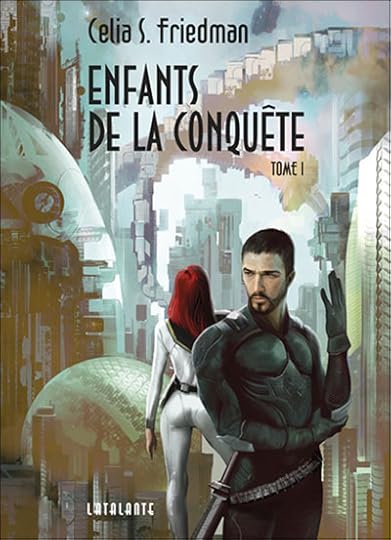What do you think?
Rate this book


530 pages, Mass Market Paperback
First published May 1, 1987




"I will kill you," he said softly, "by my own hands, in my own time." The words welled up from his subconscious, from that part of his soul which ungered for the sword and chafed at civilization's imposed restrictions. He hadn't even realized that he knew them. "In my own way." How would she take this? Would she even understand? He hardly did himself.
But she seemed to. Her eyes gleamed, and her body tensed. This is what she wants, he realized.
"I will kill you," she answered, "by my own hands. In my own time. In my own way. No other will have you," she added, smiling her pleasure at the anticipated triumph.
...
He looked into her eyes - gleaming, triumphant - and sensed the rare extasy there would be in orchestrating her death. I could lose myself for a while in the killing of you, he thought.
